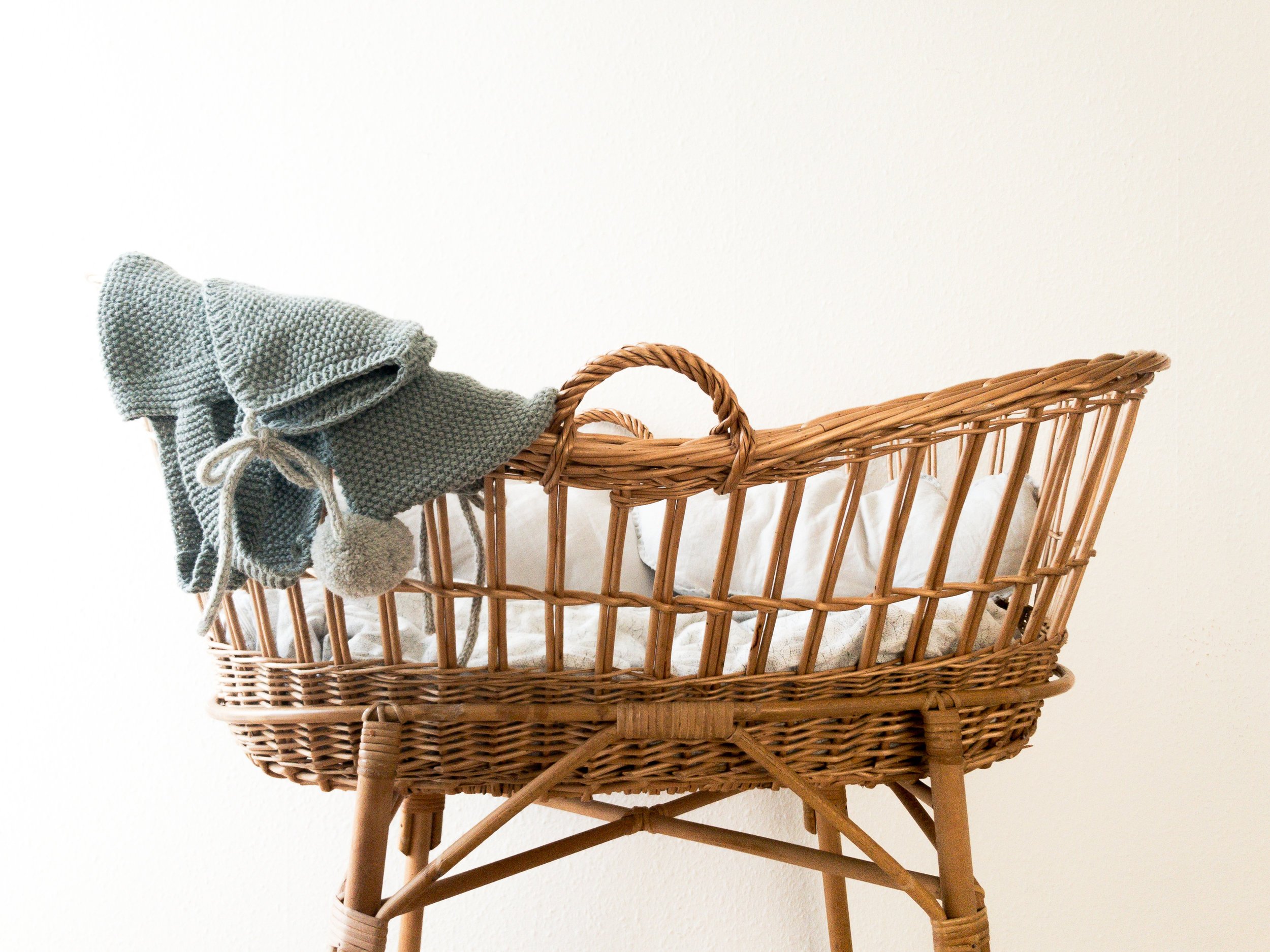“I’m pregnant!” How to Tell a Friend Who’s Struggling with Infertility
One of my best friends met someone on a blind date, courted for a year or so, married, bought and remodeled a house, got pregnant (twice) and gave birth (twice), all while I plodded, month after month, through more than 60 months of infertility treatments.
When you’re in the throes of infertility, you live in fear of yet another friend’s pregnancy. Not only will you feel your own lack more sharply, you realize a valued relationship—based, as friendships are, on common ground—will inevitably be strained. You are now in different worlds. You want to share this extraordinary time in your friend’s life, but you can’t bear to talk about the heartbeat, the baby kicking, the birth and those first messy attempts with applesauce.
You want to share her relief that the fun intimacies resulted in double lines on a home pregnancy test, but your next big attempt will involve blood tests, hormone injections, sterile sperm collections, surgery and thousands of dollars, and you dread the prospect.
No one who has been through infertility would wish it on his or her worst enemy. Being grateful that a friend is not suffering the problem, though, is different from being ecstatic over her pregnancy announcement. Here are two ways to make the news less agonizing:
1. Consider writing a note. Your friend will have a chance to absorb the changed circumstance, and you'll be spared the dilemma of how to manage yourself in the moment. It would be disingenuous, for example, to sit gloom-faced, as though divulging the fact of a dread disease, or to drop it ominously into the conversation like a bomb. On the other hand, if you can barely contain your delight, she will feel like a starving person at a buffet she cannot share. A note eliminates the nonverbal angle, which comprises a lion's share of communication and tends to be a more spontaneous, unguarded reflection of emotion than the written word:
Dear Susan, Robert and I have just learned we’re expecting. I wish with all my heart for you to have this experience. I know you are glad for me, but I also know the news is hard for you. We don’t need to talk about me—while you’re in such a difficult place, I want to be there for you in the best way I can. We’ll take it one day at a time. Your friendship is so important to me. Please know I am thinking of you and hoping for you.
Susan may not respond. Attribute her silence to pain, not a desire to disconnect from you (quite the opposite), and remain open to her, regardless of what she can or cannot give to you. You can call after a short while to check on her.
2. Try to put yourself in your friend’s place. If you want have a conversation rather than write a note, make it private (no ‘girls’ night’ blindsiding), and be sensitive (no details about how your jeans are already a bit tight). Even if she glows and enthusiastically throws her arms around you, affirm her pain: “You are amazing. It has to be wrenching for you to hear about another pregnancy. I’ll let you be in charge of whether we talk about the pregnancy. I want to be there for you.”
Keep in mind as your body changes and you feel new life developing, that your friend is crushed with disappointment every month, whether she tells you about it or not. You can’t fix the situation, but you can make things better with the reassurance that your friendship doesn’t hinge on her ability to enter into this experience with you. If you stay in a compassionate place, the relationship will endure, and she will be more grateful than you can imagine, especially as she looks back on it. The grief of unresolved infertility is not short-lived. It can go on for years. But neither is a meaningful friendship—friendships can last a lifetime.
